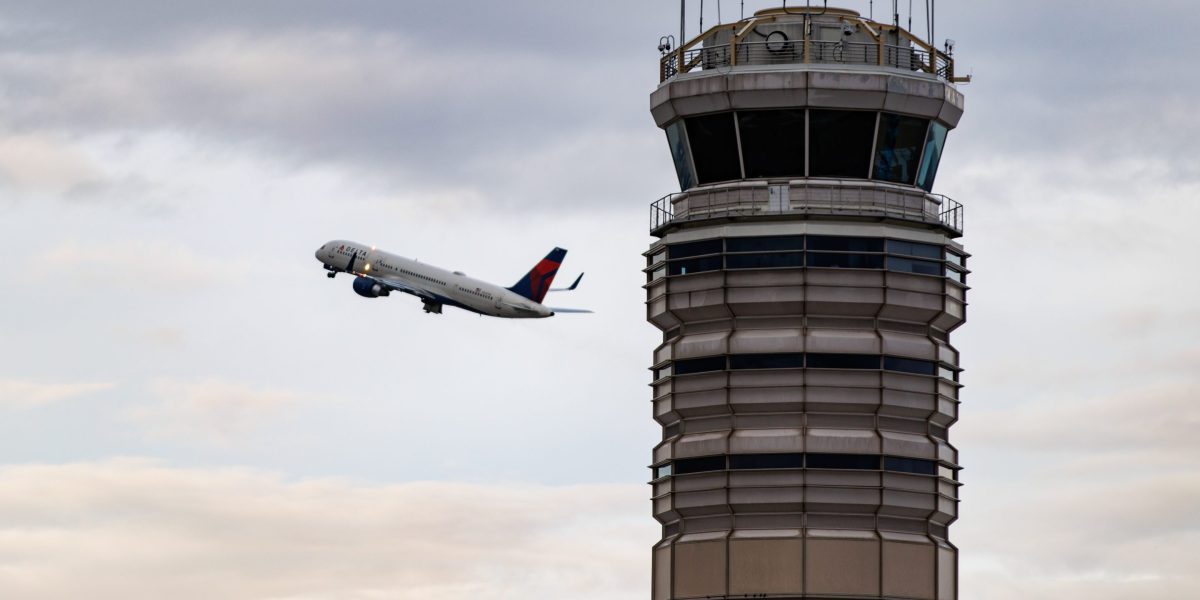
After flights were grounded in late October due to a lack of air traffic controllers, you might wonder if there’s another, tech-friendly solution to policing the skies.
One idea that’s been floated over the past year is introducing more AI into the process, allowing controllers to lean on the technology, and in time, perhaps, be replaced by it. The suggestion has caused pushback from some in the industry.
Patrick Arnzen, CEO of flight training organization Thrust Flight, is skeptical that AI can replace the work of the air traffic controller. He told IT Brew that the complexity of air traffic control is so great that AI simply can’t react quickly enough to handle it.
“It takes years to develop that instinct to really understand how to do this job—not just efficiently, but also effectively,” Arnzen said, adding that there are “a lot of key components to keeping everybody safe up there in the skies.”
Rough one. The year started with an air traffic disaster. In January, an Army Black Hawk helicopter collided with a passenger jet at Washington Ronald Reagan National Airport, resulting in 67 deaths.
In the wake of the accident, and others related to air traffic control, some called to integrate the powerful technologies behind the AI automation revolution. Startups like NoamAI have introduced support systems powered by AI aimed at assisting the towers.
Usage. Arnzen said he’s not against AI as a matter of course, just wary of how it might be used in the future when it comes to an industry as high stakes as air travel. Most air traffic control towers already use AI to assist staff, but factors like older machinery, outdated tech, and an industry resistant to change present challenges.
“In the aviation world, everything that we do is wrapped in heavy regulation,” Arnzen said. “It’s one thing to float the idea of AI in this space, but then, when you take all that new technology, even though it’s possible, you can’t deploy all that technology because there’s no regulation.”
Future imperfect. While the current government shutdown and added stress on US infrastructure could lead people to look for alternative ways to automate air travel, it’s not the opinion of the air traffic control industry as a whole. AI, while useful for many jobs, is not a perfect solution. The real answer, Arnzen said, lies in finding the balance between use of tech and human expertise.
“This technology is coming, it’s something that we want to embrace. But I also think that it’s something that we want to approach carefully and thoughtfully and never really give the full reins to a computer,” Arnzen said. “The world is changing, and AI is driving that in a very, very meaningful way—but as far as giving up control to AI to manage the safety of our world, we need to be very careful with that.”
This report was originally published by IT Brew.
Disclaimer : This story is auto aggregated by a computer programme and has not been created or edited by DOWNTHENEWS. Publisher: fortune.com






